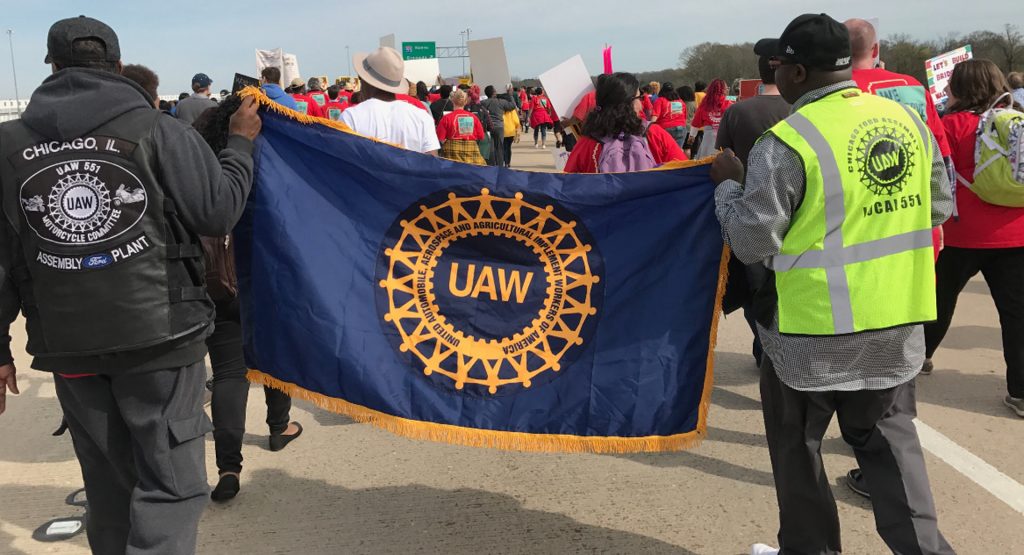Negotiations between General Motors and the United Automobile Workers (UAW) union restarted on Monday and are expected to continue for some time after nearly 50,000 employees walked off their posts at 11:59 p.m. on Sunday night.
GM spokesman David Barnas issued a statement on Monday afternoon confirming negotiations had resumed, but sources tell the Detroit Free Press that a solution is unlikely to be found quickly.
“Our goal remains to reach an agreement that builds a stronger future for our employees and our business,” Barnas said in his statement.
Also Read: 46,000 GM Employees Strike After Failed Trade Union Negotiations
Wages and health care are, allegedly, two of the most important areas of debate between GM and the UAW. A person close to the discussions asserts that GM has proposed workers pay 15 per cent of their health care costs, a huge increase over the current estimated level of 3 per cent. Another person with their ear to the negotiations claims that GM has offered to preserve current health care benefits at the same cost.
Either way, it is believed that car manufacturers including GM and Ford spend up to $1 billion a year on worker health care, which many industry experts believe this is unsustainable. The Center for Automotive Research reports that the average worker in the U.S. pays about 28 per cent of their personal health care costs.
“We have many unresolved issues,” vice president of the UAW GM department Terry Dittes said on Monday. “It’s not just a couple of things. How long will this take? I can’t say.”
Some claim that the strike could last two to four weeks, as many workers are upset with the new health care proposal. Credit Suisse analyst Dan Levy says the impact of lost production due to the strike will cost GM roughly $50 million per day.
“GM’s ability to contend with a short-duration strike (no more than one to two weeks) is comfortably supported by its 77 days of U.S. inventory, $17.5 billion of automotive cash, and $16.5 billion available under its credit facility,” Moody auto analyst Bruce Clark commented. “ Beyond the initial one to two weeks, the financial burden of a strike will become more material and the prospects of a contract that avoids erosion of the company’s current competitive position is less likely.”








